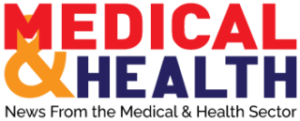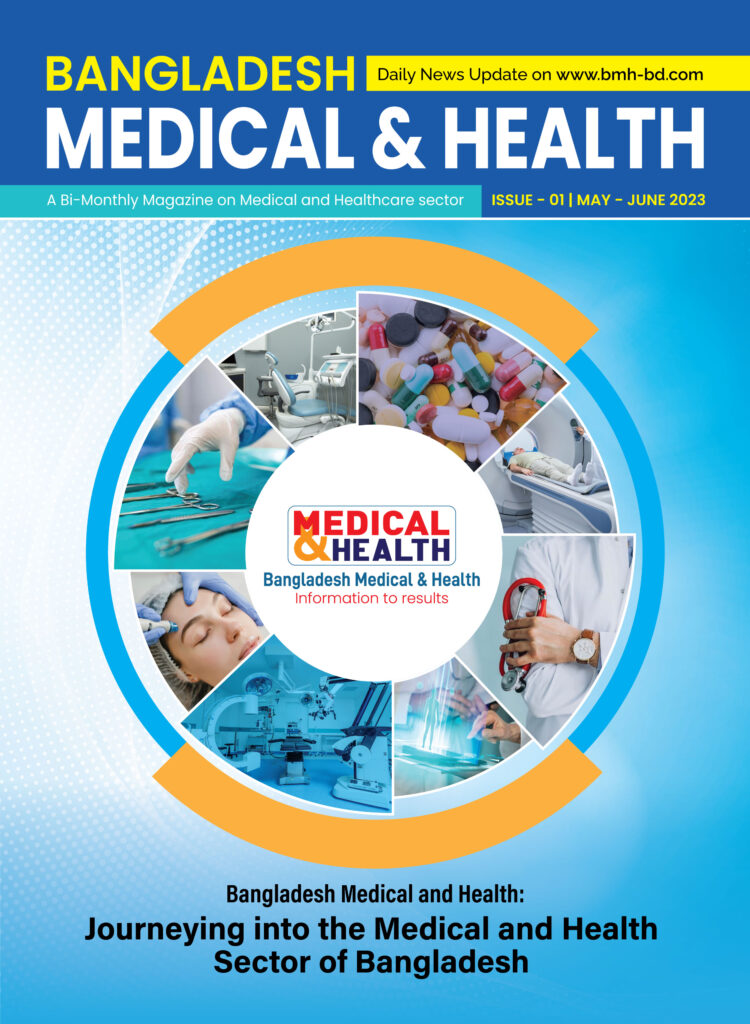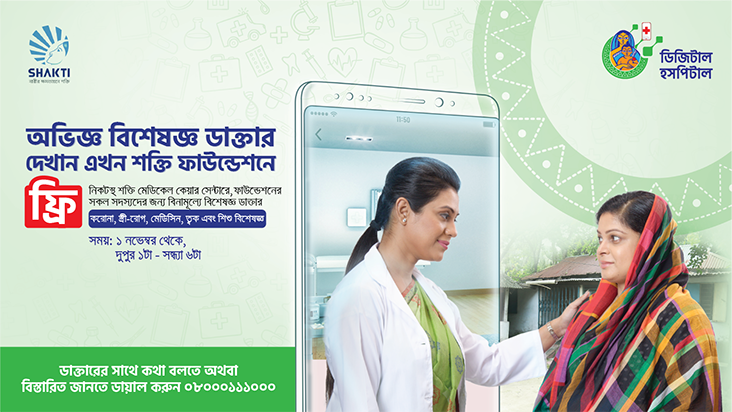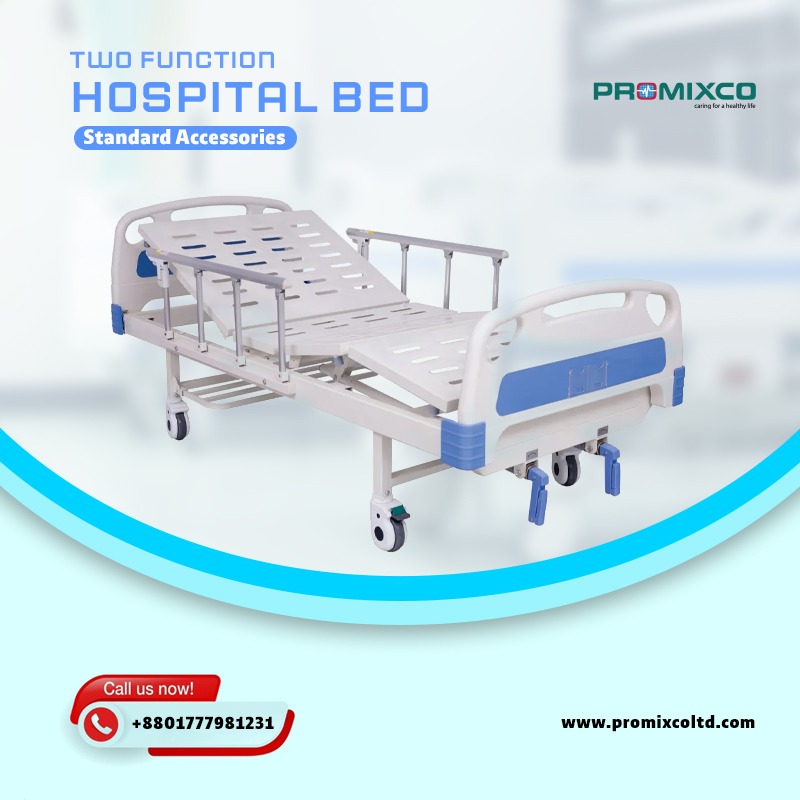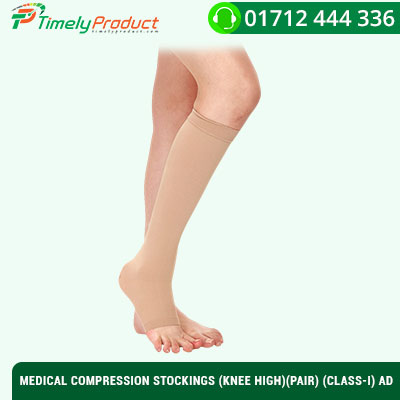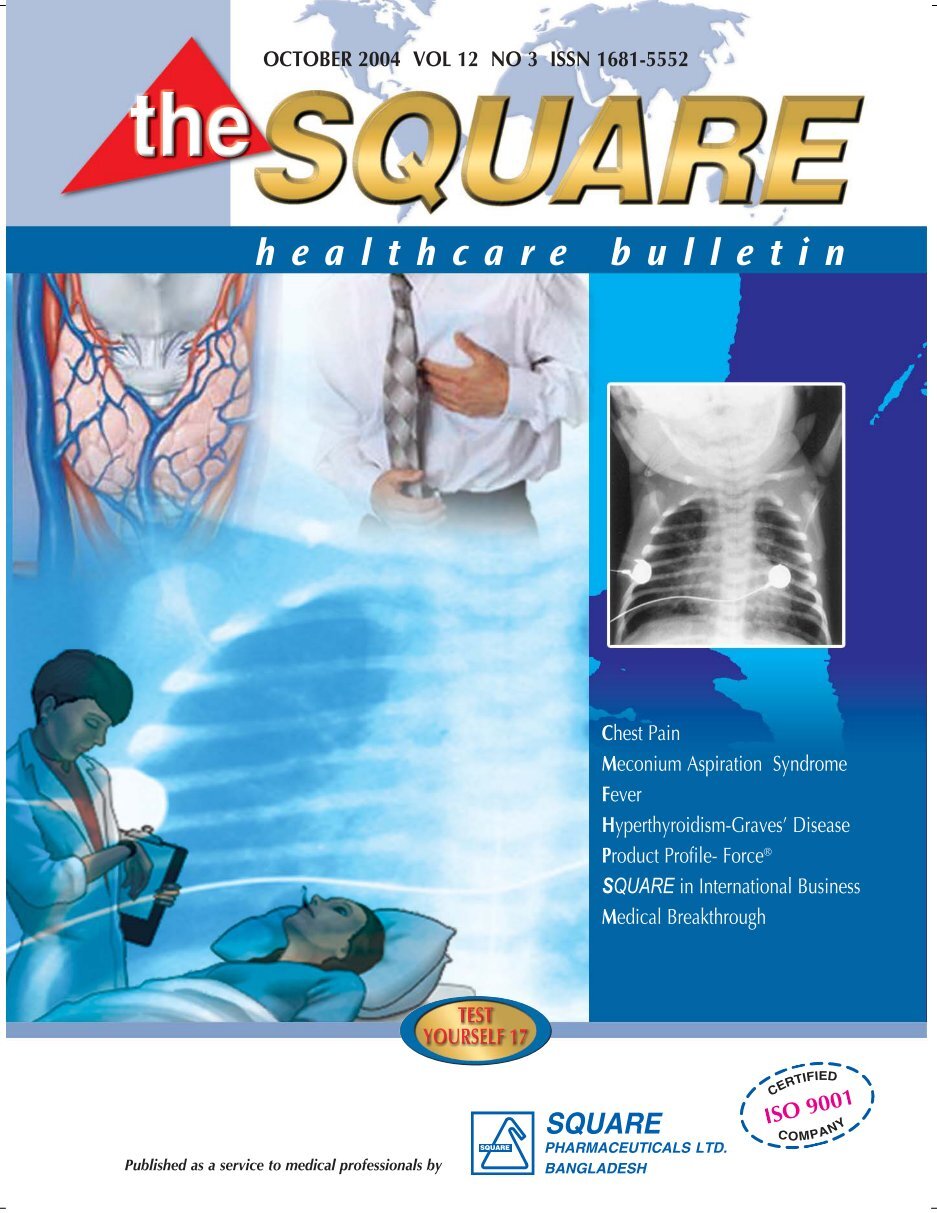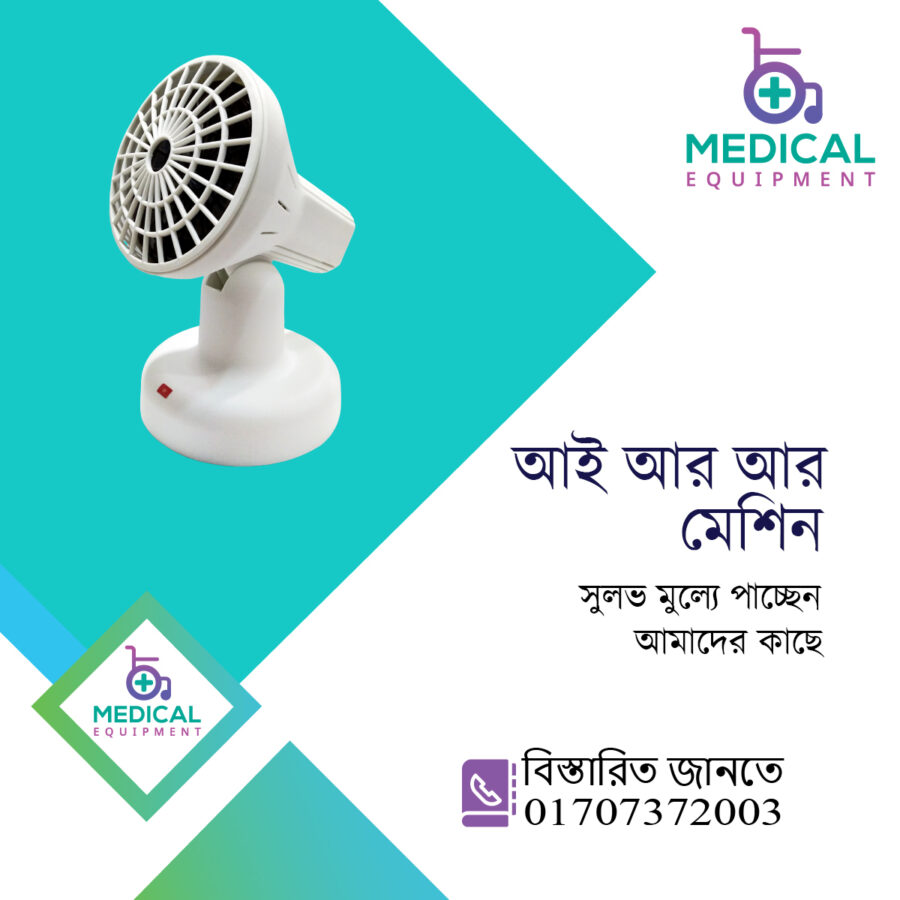Interview with a Cardiologist, a Dermatologist, a Nutritionist, and a Mental Health Counselor

Interview Log: Medical and Health Specialists
Participants:
Dr. Johnson: Dermatologist
Ms. Davis: Nutritionist
Dr. Smith: Cardiologist
Ms. Thompson: Mental Health Counselor
BMH: Welcome, everyone! Today, we have gathered a panel of medical and health specialists to discuss various aspects of healthcare. Let’s begin with our first topic: the importance of preventive care.
Dr. Smith: Preventive care is crucial in maintaining heart health. Regular check-ups, managing risk factors like high blood pressure and cholesterol, and adopting a heart-healthy lifestyle can help prevent cardiovascular diseases.
Dr. Johnson: Absolutely, preventive care is equally important for skin health. Regular skin exams, sun protection measures, and early detection of skin conditions can minimize the risk of serious skin problems.
Ms. Davis: I agree. Preventive care extends to nutrition as well. Encouraging individuals to follow a balanced diet, educate them about portion control, and promote healthy eating habits can prevent chronic diseases like obesity, diabetes, and cardiovascular issues.
Ms. Thompson: Prevention also plays a vital role in mental health. Raising awareness about stress management, self-care practices, and early intervention for mental health conditions can greatly reduce the burden on individuals and improve overall well-being.
BMH: Excellent insights! Moving on, let’s discuss the role of lifestyle factors in overall health. How do lifestyle choices impact your respective fields?
Dr. Smith: Lifestyle choices such as smoking, a sedentary lifestyle, and unhealthy eating habits significantly contribute to heart disease. Promoting physical activity, smoking cessation, and a heart-healthy diet are key interventions in cardiology.
Dr. Johnson: Lifestyle factors like excessive sun exposure, poor skincare routines, and smoking can lead to various skin problems, including premature aging and skin cancer. Educating individuals about sun protection, skincare practices, and the dangers of smoking is crucial.
Ms. Davis: Lifestyle choices have a direct impact on nutrition and overall health. Encouraging individuals to make mindful food choices, increase their intake of fruits and vegetables, and limit processed foods can improve nutrition and prevent chronic diseases.
Ms. Thompson: Lifestyle choices influence mental health as well. Poor stress management, lack of self-care, and unhealthy coping mechanisms can exacerbate mental health issues. Promoting healthy stress reduction techniques, self-care practices, and seeking professional help when needed are essential.
BMH: Thank you all for sharing your perspectives. Our final topic is patient education. How important is patient education in your respective fields?
Dr. Smith: Patient education is vital in cardiology. Helping patients understand their conditions, explaining treatment options, and empowering them to make informed decisions about their heart health leads to better outcomes and adherence to treatment plans.
Dr. Johnson: Patient education is crucial in dermatology as well. Educating individuals about their skin conditions, providing guidance on skincare routines, and explaining the importance of regular skin screenings empower patients to take control of their skin health.
Ms. Davis: In nutrition, patient education plays a significant role in promoting healthy eating habits. By providing accurate information, teaching individuals about portion control, and addressing misconceptions, we empower patients to make positive changes in their diet and lifestyle.
Ms. Thompson: Patient education is paramount in mental health. By offering psychoeducation, teaching coping strategies, and helping individuals understand their mental health conditions, we equip patients with the knowledge and tools to manage their well-being effectively.
BMH: Fantastic insights! Thank you, Dr. Johnson, Ms. Davis, Dr. Smith, and Ms. Thompson, for participating in this discussion. Your expertise and perspectives have provided
